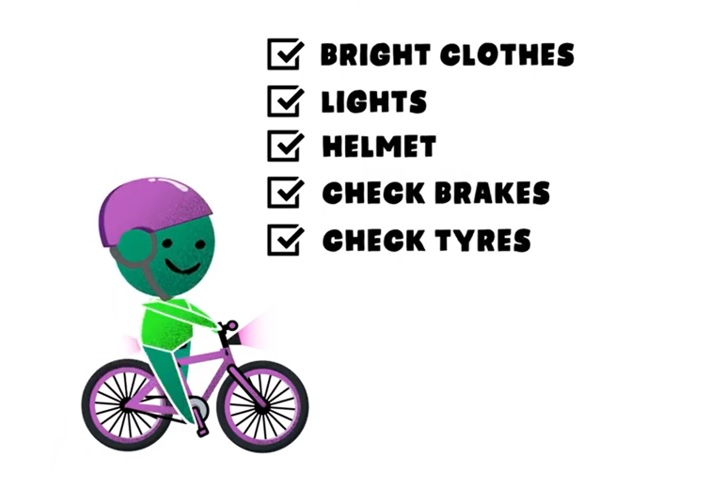
Dorset & Wiltshire Fire and Rescue Service has launched a new online lesson to prepare pupils for the transition from primary to secondary school.
The ‘Independent Travellers’ lesson aims to help Year 7 and 8 students at a ‘critical stage in their lives’, when they may start travelling independently to secondary school – whether that be on foot, on a bike or as a passenger in a car.
After completing the lesson, students should be able to identify potential hazards and explain what they can do to help keep themselves safe as they travel alone.
Christine Sharma, road safety manager at Dorset & Wiltshire Fire and Rescue Service, said: “The transition from primary to secondary school can be a challenge for young people and their families as they gain their independence and travel to school or to meet their friends alone.
“It’s a vulnerable age, but thanks to our kind sponsors, the new lesson empowers students to develop decision-making skills and own the concept of taking measures to prevent injury and harm to maintain their personal safety.
“It also prompts learners to consider the impact of their actions on those around them, alongside all the benefits that different types of travel can present.”
Schools across the UK can download the new lesson from TES.com ready for the new cohort of students in September and future year groups to come.
Dorset & Wiltshire Fire and Rescue Service says Independent Travellers lays a good precursor to the ‘Passenger Power’ lesson for Year 10 Key Stage 4 students, which was launched earlier this year to help young people give constructive feedback to drivers should they feel unsafe.
The new lesson has been created with support from Arval UK.
Ailsa Firth, community executive sponsor and Arval UK HR director, said: “It’s an incredibly exciting stage in young people’s lives as they start out on their own independent journeys – we’d like to help keep them safe as they travel.
“The new lesson shares knowledge so that people aged from 11 years and older know how to make sensible decisions for themselves and those around them as they travel.
“With more than 175,000 vehicles on our own fleet, it’s really important we help to keep young people safe as they make their first journeys independently.”
Comment on this story